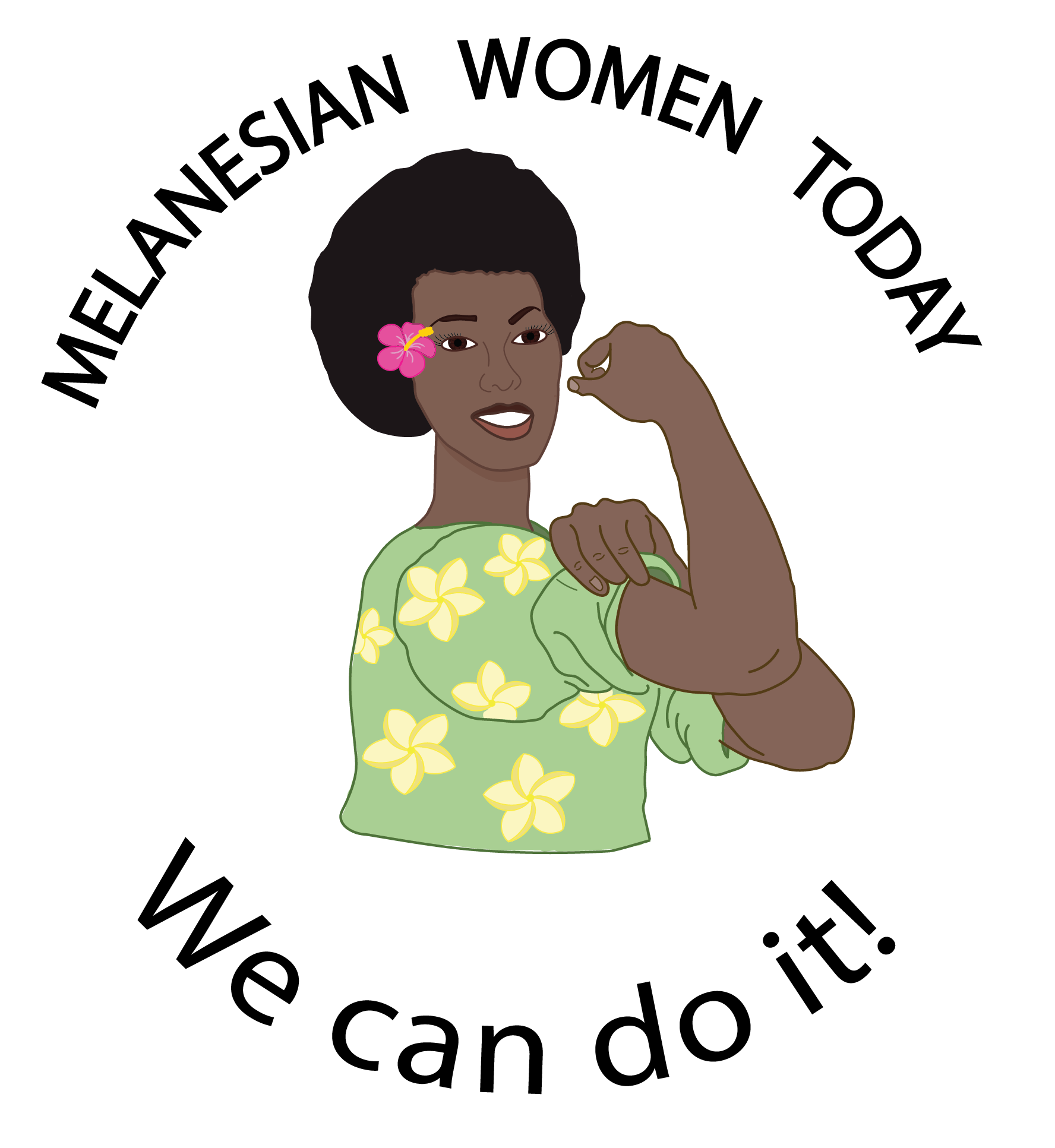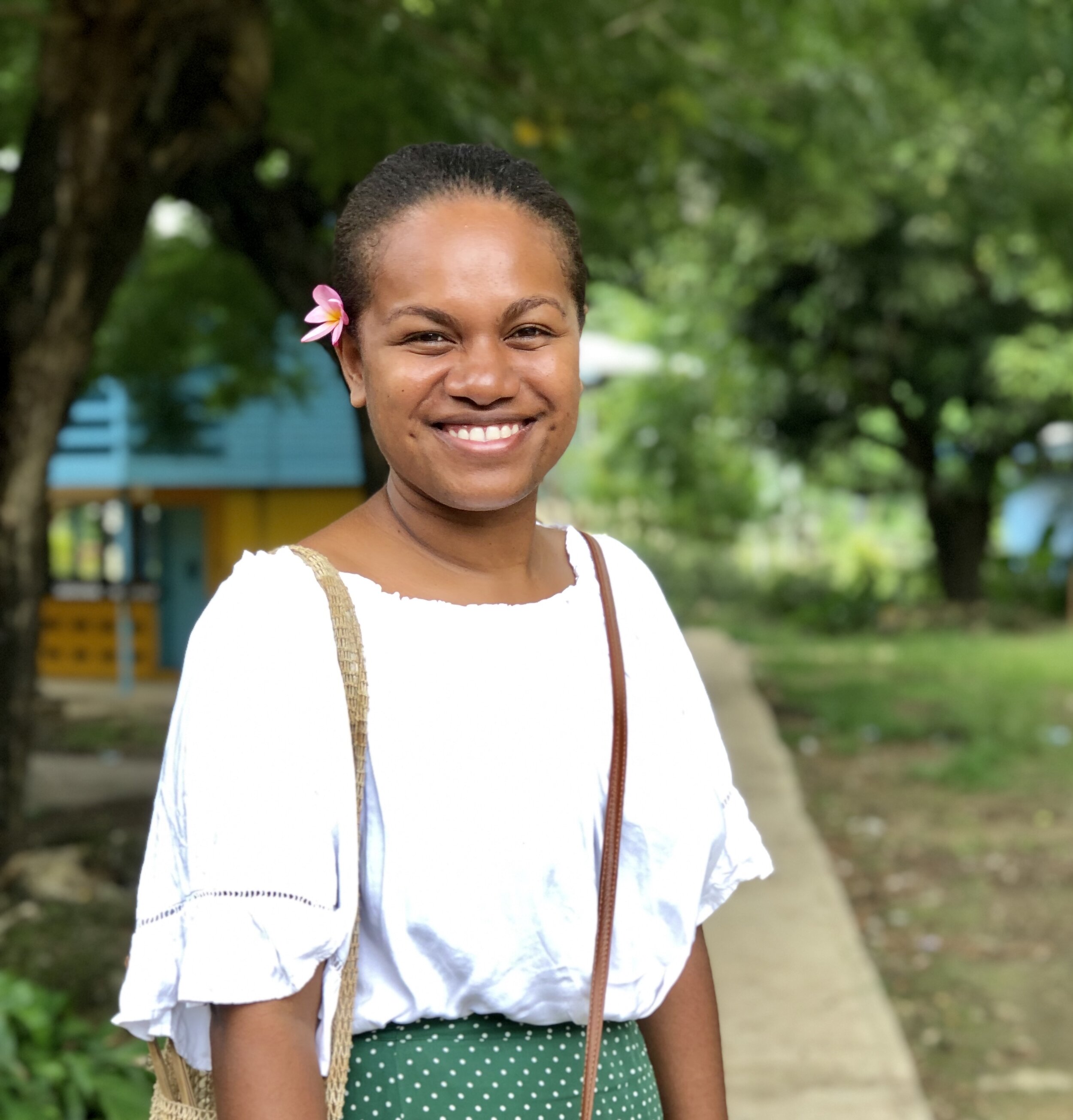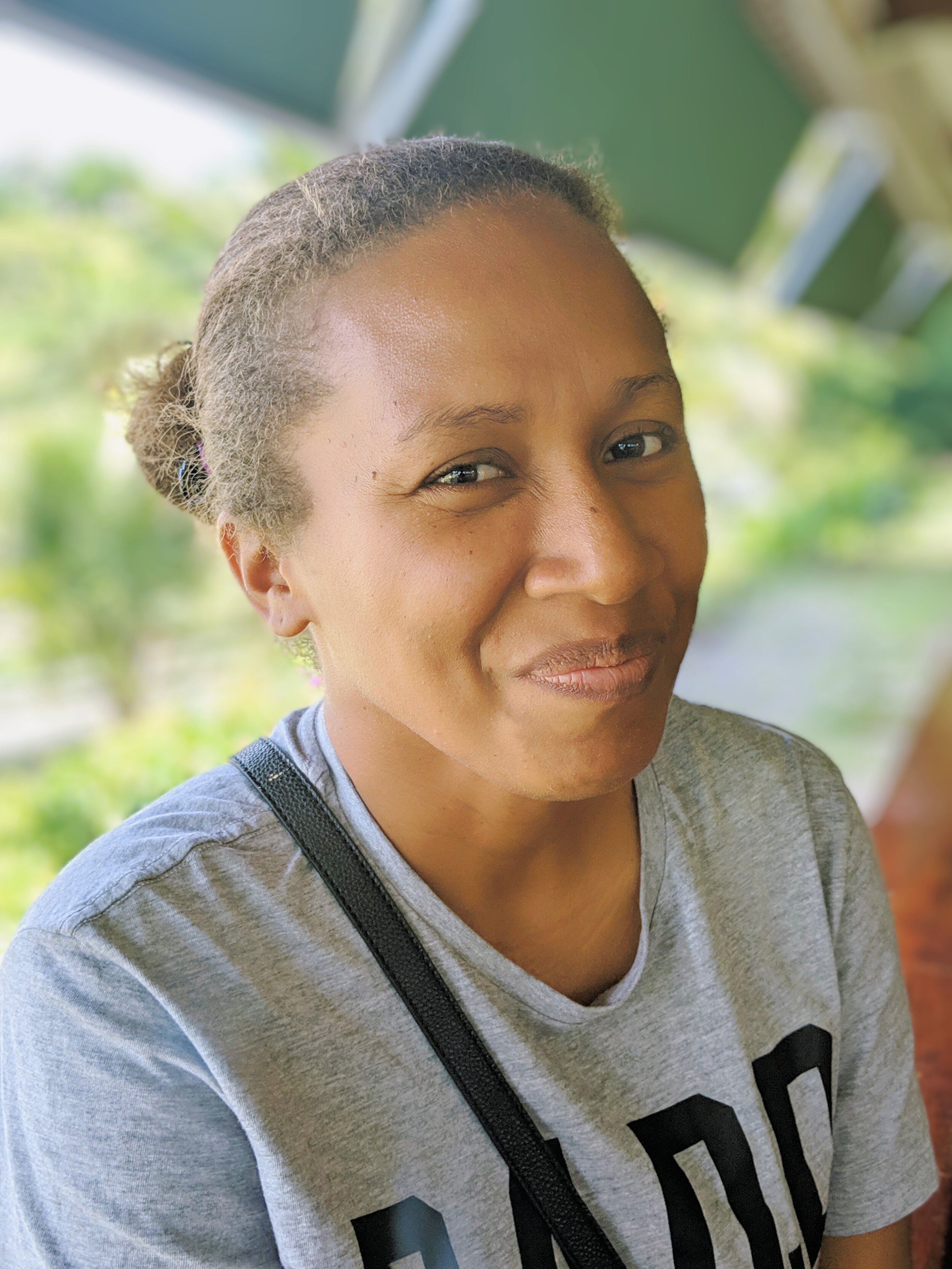Initial Reactions to COVID-19 told through the lens of two women in Solomon Islands and Vanuatu.
On the 30th of January 2020, WHO declared coronavirus (COVID-19) a global public health emergency. In its early stages, the Covid-19 crisis around the world looked nothing like it is today. The initial state-of-emergency declarations were met by skepticism by both the public, and many in policy circles around the world, which exemplify what behavioral scientists call confirmation bias, until it became a devastating reality.
On 12 March 2020, the first case of COVID-19 was confirmed on a Pacific island, in French Polynesia, and by that time WHO confirmed 125,048 cases of COVID-19 in 118 countries around the world. This sent shock waves across the Pacific forcing the island nations to take swift action. Most of them imposed a total ban, or major restrictions on international flights, port entries of cruise ships, and a number of them announced a state of emergency, while keeping tight controls on internal movement throughout, and putting in place social distancing and handwashing measures.
Among a number of things to worry about, and the spread of COVID-19, the social distancing notion was one of the many concerns some worried about. In Vanuatu, Joanna Bule who is a community leader worried about the difficulties of people coping with the notion of social distancing not because of people’s living environments, but for culturals reasons. Like most Pacific island countries, communal activities are part of the culture, and people enjoy meeting and catching up with friends and family through many different types of gatherings. For Ni-Vanuatu, it is a challenge to practice social distancing, however, many have developed ideas such as occupying themselves with gardening or other home activities. Thanks to the Vanuatu Agriculture department for providing support in selling seedlings and organic fertilizer to support households during the Covid-19 pandemic, I know it will have an impact on our economy. Therefore, a practice such as backyard gardening is a good way to sustain families in terms of nutritious food.
Aside from other general questions, Florence also noted the fear of being a young woman during this quarantine period. She had many questions. Questions about whether or not she has saved enough money to financially sustain her during the period of quarantine. She also wonders what life would be like if Vanuatu gets Covid-19? The question of whether or not young women like her have enough information to keep themselves protected during the quarantine period and how would she keep herself positive without over pancing about the unknown.
In the Solomon Islands, Loate Maetale, a young change maker explains the social distancing and handwashing measures that have been imposed in the communities and provinces by the Solomon island Government by the health authorities to keep the public informed about the measures carried out for COVID-19. She describes the feeling of the threat of COVID-19 posing on the people to be somewhat overwhelming, causing panic among the people especially when the country is also faced with another threat, tropical cyclone Herold. “People are not sure whether they should panic about the threat of COVID-19 or panic about the threat of tropical cyclone Herold. So it is quite overwhelming as people prepare to travel back to their provinces but also concerned about the current bad weather. Giving a stern warning to the young Solomon Islanders to be cautious and take the measures seriously and keep safe.
Home to approximately 12 million people, not counting Australia and New Zealand, the Pacific Ocean region makes up one-third of the world’s area. The 22 island nations and territories scattered across the Pacific Ocean have one biggest risk factor; the virus to spread throughout these scattered island nations is through global air travel. While that has been taken into account, how air travel bans and restrictions are managed, it is up to each country. Because of their swift actions, tough travel restrictions and their remoteness, 17 of the island nations have managed to escape the importation of the virus, while 5 countries have not been so lucky. As of May 1st 2020, a total of 265 cases have been identified in these 5 countries - Guam, French Polynesia, Fiji, New Caledonia and Papua New Guinea, while the current number of active cases sits at 30, with recoveries reported and 7 deaths in total according to Radio Australia
Listen to their stories on COMING TO THE MAT


